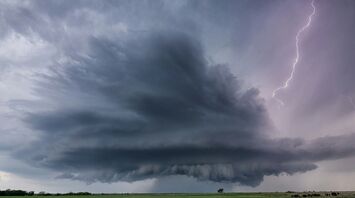Severe Weather Disrupts Holiday Travel Across US

Severe disturbances across the United States are creating widespread delays during one of the most pivotal travel weekends of the year. In the South, heavy rainfall combined with risks of cyclones, intense winds, and sleet is expected to heighten, especially in Louisiana, Mississippi, and Alabama. Meanwhile, the West Coast is facing persistent Pacific weather fronts bringing copious snowfall in high-altitude areas, forceful breezes, and downpours, greatly impacting transportation systems and travel preparations.
Flight interruptions and cancellations are growing increasingly common as adverse conditions influence major transit hubs. By Friday, numerous flights had been affected, with additional cancellations projected over the weekend. Roads are also becoming precarious, particularly in western states where significant snow accumulation is obstructing visibility. The challenging weather, paired with surging holiday traveler numbers, poses considerable hurdles for individuals trying to complete their journeys.
Travelers are encouraged to stay updated through notifications from airlines and transit authorities regarding any changes. Choosing alternate routes or flexible plans can help minimize inconvenience. Drivers traversing impacted regions should carry emergency gear, such as sustenance, drinking water, protective blankets, flashlights, and warm attire. These essential items help travelers maintain safety during potential setbacks from inaccessible or dangerous roads.
Moreover, those traveling during the holidays should anticipate longer than usual waits at airports, especially in storm-affected regions like the South and West. Arriving ahead of schedule, frequently confirming travel updates, and staying alert to weather warnings is advised. For those relying on ride-sharing or rental vehicles, limited availability or delays are likely, making contingency arrangements a necessity for smoother experiences.
This weather disruption emphasizes the necessity of adaptability and proactive planning during peak travel seasons. For travelers, it serves as a reminder of the unpredictability of nature and the critical importance of having robust contingency strategies. By staying prepared, demonstrating resilience, and adapting to evolving circumstances, travelers can better navigate these challenges and ensure safer, less stressful journeys.



















